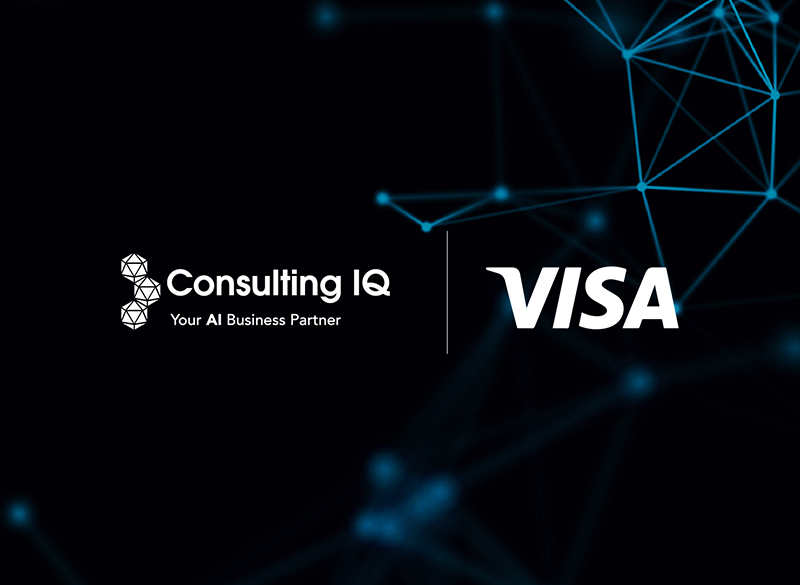AI stands to have a profound impact on how we live and work. But the excitement around gen AI is in danger of distracting business leaders from other core business imperatives and the importance of rewiring their companies.
It is mandatory to focus on what matters and represents significant shifts, such as the importance of architecting the business so that everything can be tested or how to think about a workforce where everyone has their own gen AI “copilot.” Others, like keeping a tight focus on value, relate to business fundamentals often overlooked under the stresses of day-to-day demands and technology hype.
Digital and AI-Shaping Business
Builders are taking advantage.
Build something that matters: a new product, solution, or business that creates a competitive advantage—architect a team with the right incentives, tools, and governance to build products or services. A lack of ideas is rarely the cause of failure in creating something new. Companies need help executing their ideas.
• How are you building an engineering culture where people have the opportunity and incentives to create and innovate?
• What are you building in the next 12 months that will create an advantage for your business, not just a commodity or, worse still, a money pit?
• Are you using software to build products, services, or businesses that give you a competitive advantage?
Innovators dominate headlines, but scalers dominate the market.
The value of technology-driven innovation comes only when companies drive change deep into the organization’s data architecture, technology environments, talent strategy, and operating model.
• How are you incentivizing scale (not just innovation)?
• What specific initiatives on your road map directly support scaling?
• Have you identified the specific roadblocks to achieving scale, and are you clear about how to deal with them?
Leaders master the digital law of compounding value.
Rewired companies build capabilities that build on each other so that value compounds over time—more value, speed, and digital distance over peers. Focus on a domain where you can move the needle quickly and be clear about mutually reinforcing capabilities you must develop.
• Do you see your technology-driven growth rate today compared with your direct competitors?
• Are you developing those hard-to-copy capabilities (processes, workflows, automation) that power the products and services you need to build and improve?
• Are you clear about the three most important improvements you should make to increase the pace of your development?
Digital and AI leaders must be forever transformers.
Companies should focus on more than just how to integrate a specific technology, such as gen AI or quantum. Instead, they should concentrate on building the broad set of capabilities— strategy, talent, agile operations, technology, data, and adoption and scaling—that can harness new technologies, scale them, and ensure they create value.
• Have you identified the two to four domains you want to transform and the resources you need to complete the work?
• What long-term metrics, objectives, and key results (OKRs) do you have in place, and is your board tracking them?
• Do you see which emerging technologies could most enhance your competitive differentiation?
If knowledge is power, data is knowledge.
Value will accrue to businesses with proprietary data that they can use to improve the capabilities of their foundation models in ways their competitors can’t. “Data mesh” and “data as a product” are the most practical ways to reduce centralization and scale the use of high-quality data across an organization.
• Are you clear on how your proprietary data and the world’s public data will lead to a competitive advantage?
• What standards and best practices are in place for building data products across the organization, and are they easily accessible by relevant teams?
• Do you have data governance that builds digital trust with your customers and stakeholders?
A workforce with gen AI ‘superpowers’ needs a human breakthrough
Your organization’s work will need to change, which can seem overwhelming. Start by identifying a business area and considering possible changes in how it does its work. Pay particular attention to understanding which pivotal roles could most benefit from copilots. Nurture a strong learning culture and structured skill-building that incorporates formal programs.
• Have you identified the most critical roles in your business that could benefit from a general AI copilot?
• Which communities of developers are active in sharing knowledge?
• How well have your data scientists and engineers learned to work with their copilots?
Every company will become a ‘neural business.’
Companies need an operating model built around products (with dedicated teams developing and providing technology-enabled offerings or services used by customers and employees) and platforms (with dedicated teams providing the back-end technology and data capabilities that support products).
For these teams to work effectively, companies must ensure that the broader organization (legal, cyber, risk, purchasing, finance, and so on) works closely with them to identify and resolve issues quickly.
• How many of your teams and solutions are led by a high-quality product owner?
• Is the C-suite aligned with the operating model to enable hundreds of pods to deliver digital innovations?
• How quickly can you conceive, build, and launch a new product or service?
IT as a service is the next generation of your tech function.
The gold standard of IT effectiveness will be its ability to help developers stitch together code snippets into a functional product. Cloud must be a core part of IT’s distributed operating model to enable speed and scale. IT’s critical role will be to provide standards, such as for APIs and guardrails, such as embedding policies in code; protect the business’s most sensitive information, such as customer data and financial records; and track the adoption of developed products and platforms.
• How often are the code and solutions developers create reused by other teams?
• How many libraries exist for critical artifacts such as APIs and prompts, and do your technology teams frequently use them?
• How many as-a-service capabilities has your technology function developed?
The name of the game is Value.
Identify a few essential and self-contained domains in your business, rethink them completely, and be explicit about the value they can create. Ensure your road map’s solutions are tied to specific OKRs that generate value directly. Relevant leadership should meet at least once a quarter (though generally more often) to see whether the initiatives you’ve launched are creating the value you’ve identified. There’s no such thing as being on autopilot when managing progress and capturing value.
• Is your digital and AI transformation effort focused on a domain large enough to create meaningful value but small enough to be accomplished with your resources?
• Is the target of your digital and AI transformation to increase incremental value by at least 20 percent?
• How much value have your digital and AI initiatives generated in the past six months?
The best companies are permanent testers.
Embrace the mindset that treats your firm as a continuous testing ground, and then determine which part of your company you should treat as a digital twin. Instrument everything and simulate everything for better insight, experience, and impact. Advanced software practices incorporate tags to help collect feedback, while the best-gen AI developers build testing capabilities into models to measure how they perform in the field accurately.
• How have you changed your approach to strategy and operations based on digital twin and testing advances?
• How well is your digital-twin platform integrated into your product, solution, or business development?
• How good (and pervasive) is your A/B testing capability?
If you want to know more about how to unleash your full business potential with AI, please contact us.
Diego Medone, CEO.







